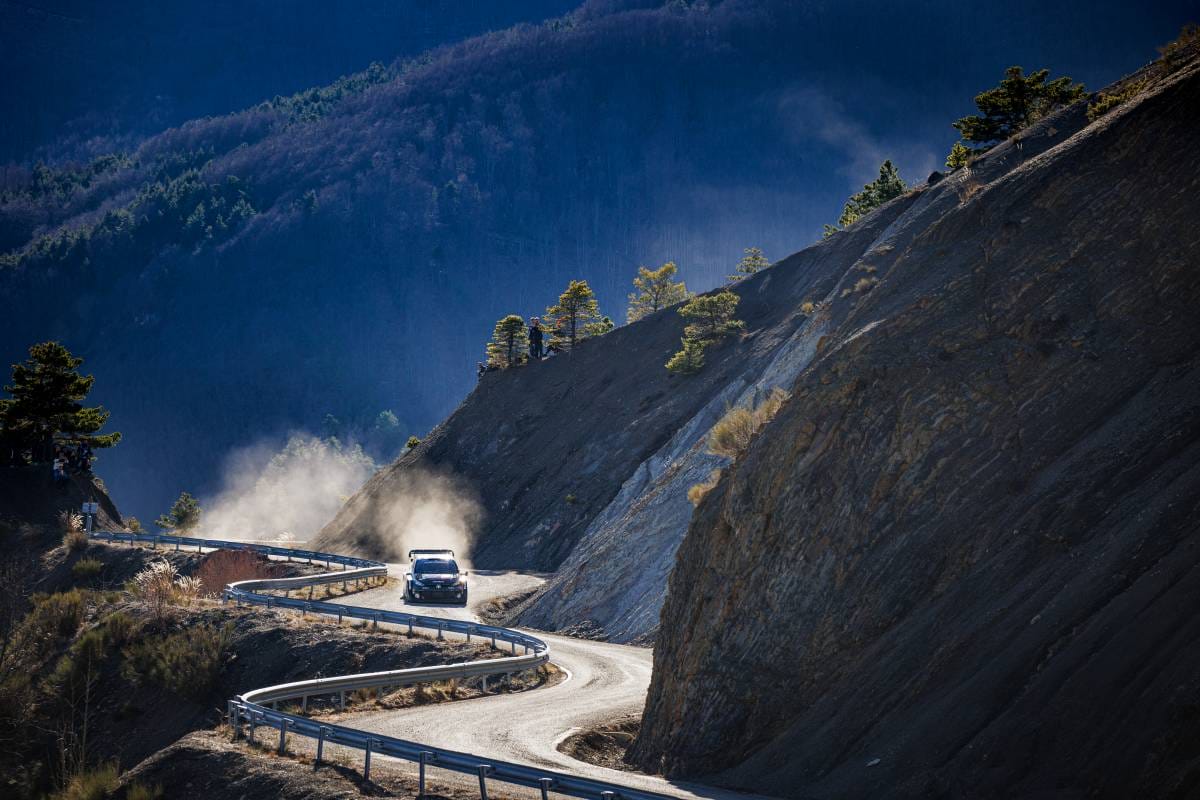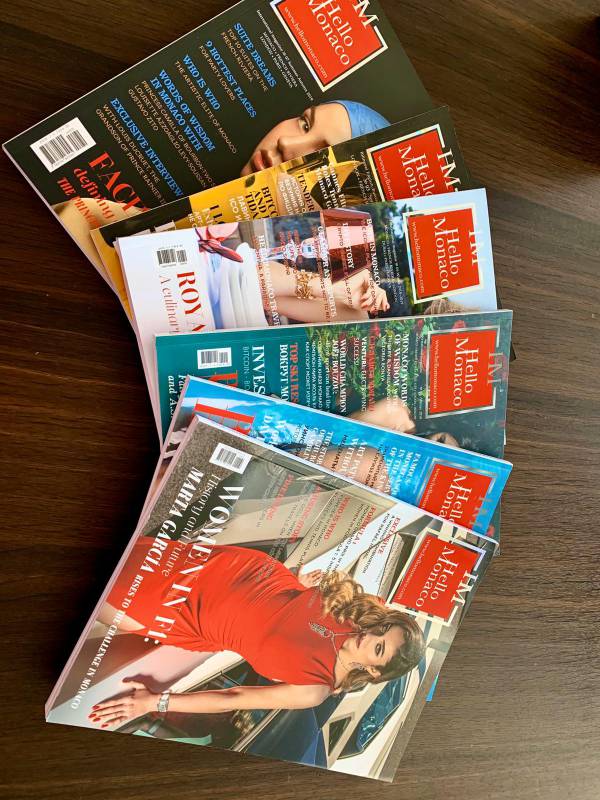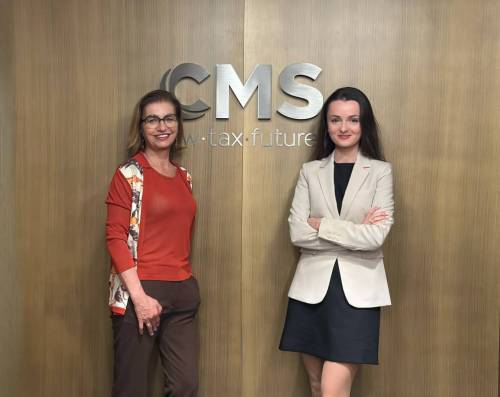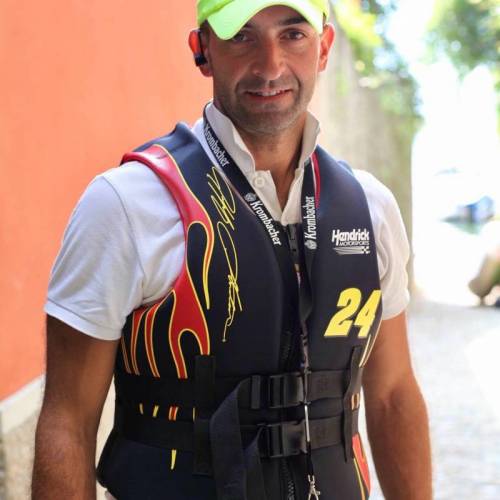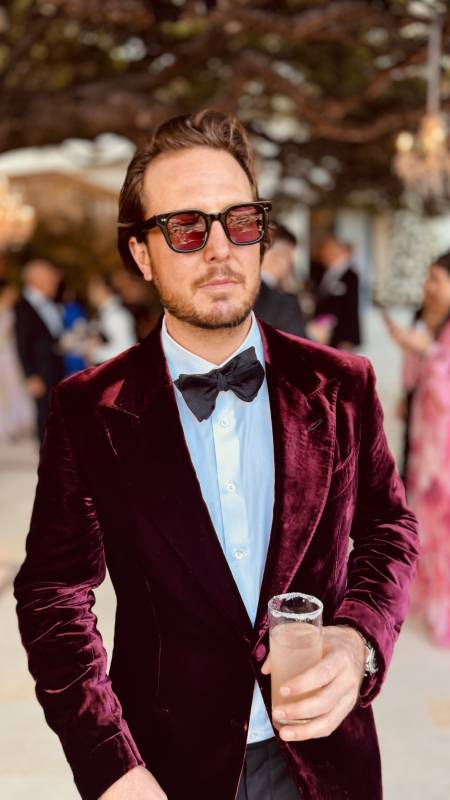The sound of the school bell is pretty close for 5,745 primary and secondary cycle students registered with Monegasque State Schools and State Approved Private Schools. Therefore, it is time to perform a review and make future scenarios for the incoming school term from the 9th September 2019 until the 26th June 2020.

“I do wish that the relation with students, families, teaching and non-teaching staff will be as satisfying as the previous school year”, pointed out Isabelle Bonnal, director of the Department of Education, Youth and Sport, opening the Back-to-School Press Conference on the 4th September 2019 at the new headquarters of the François d’Assise – Nicolas Barré (FANB) Institution, inaugurated in April 2019 in Rue Roqueville.

Monseigneur Bernard Barsi, Archbishop of Monaco, H.E. Patrice Cellario, Minister of the Interior, Brigitte Boccone-Pagès, Vice-President on behalf of the President of Conseil National de Monaco, Frédéric Genta, Country Chief Digital Officer, and other distinguished guests attended the event.
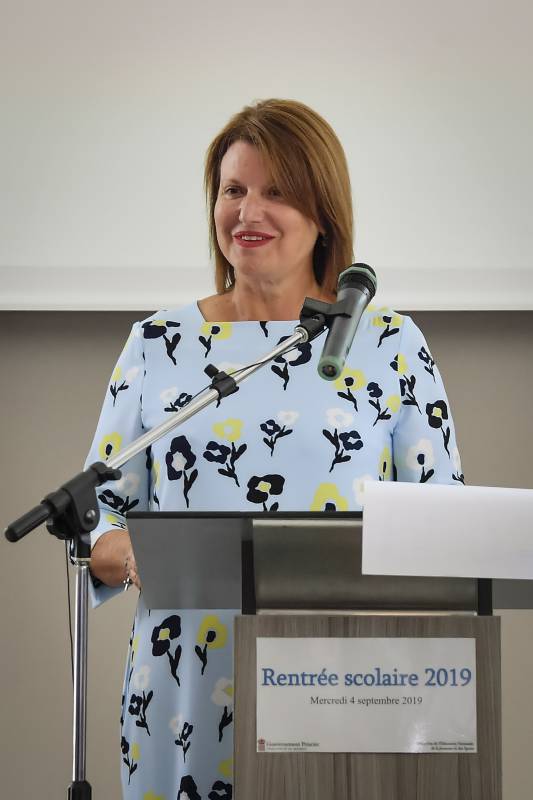
The Monegasque Education System seems to confirm its added value grounded on a high standard of teaching and on a solid preparation of students in their school cycle until closing tests since it can count on an extremely high level of educational attainment with special regard to the Monegasque Baccalauréat that, last year, registered a total rate of success equal to 99,54% with individual trends close to 100% for General and Technological Studies as well as Professional Training. All that is not by chance, but it is the outcome of a win-win synergy between the educational community and the Monegasque Government. But what makes these results so special?

Isabelle Bonnal (I.B.), director of the Department of Education, Youth and Sport, gave HelloMonaco some interesting feedbacks on the matter and underlined how pride she was for what has been achieved so far.
HelloMonaco: What are the strengths of this back-to-school?
I.B.: Looking at official statistical data on primary and secondary cycle, we can see an increasing number of resident students compared to Monegasque and external pupils who are well represented in each course. That shows that more and more international families are seeking to move to the Principality and entrust their children to the local teaching system. Furthermore, the teaching and non-teaching staff is amounting to 858 members for 2019-2020 school year, including newly enrolled teachers coming from Monaco. This remarkable target helps standards high.

HelloMonaco: Which new projects are you currently involved in?
I.B.: New challenges involving education are coming. Firstly, a weekly tuition on computer programming will be addressed to all students aged from 5 to 15 within the e-education programme ‘Extended Monaco, Smart City’, launched by H.S.H. Prince Albert II of Monaco in April 2019. This is aimed at developing scientific, technological, engineering and maths competences necessary to build up their ‘digital citizenship’ future. Therefore, each teacher in public primary and secondary classes will receive a complimentary laptop to encourage a new pedagogical process. In partnership with the NGO ‘Action Innocence’, moreover, a specific campaign among the students to raise awareness on main dangers of Internet will continue operating with the help of qualified psychologists. Secondly, environmental issues, including food waste, will be integral part of the educational training to make students debate on crucial topics that push us to rethink human development models. In this context, some extracurricular activities will be planned like a project involving middle and high school students to the discoveries of the urban extension ‘Anse du Portier’, in cooperation with the company in charge of it. At the same time, some of them will be asked to conceive and create, in a team group, a nanosatellite able to measure the effects of climate change, under the care of the recently established company Orbital Solutions Monaco. Thirdly, three new sport disciplines will be introduced: ultimate, zumba and basketball while “Pass’Sport Culture”, a personalized leisure activity card, will be extended from 11 to 25-year-old users.

HelloMonaco: Which are the most relevant reforms involving education?
I.B.: The Baccalauréat educational reform, completed by the end of 2021, is definitely one of the most relevant and it involves secondary ‘Lycée’ students that will have to choose three specialized courses beside common topics. Both teachers and pupils will be guided to new commitments.
To encourage school inclusivity, in addition, a specific school support programme will be addressed to improve learning skills for those students who need more clarifications or have cognitive problems. In severe cases, special ‘school adaptation and integration’ classes will be activated. Following the testing at École de la Condamine, in 2017, all public primary-school kids will be wearing school uniforms to increase their sense of belonging to a school community. A targeted teaching staff will keep offering an academic support to all pupils and teenagers hospitalized at Centre Hospitalier Princesse Grace.

HelloMonaco: Is there any new project for the future in terms of school infrastructures?
I.B.: Among the major projects, the new headquarters of ‘Collège Charles III’ is being under construction in Fontvieille in view of its opening in 2023. The other existing school buildings are constantly monitored and renovated to guarantee a safe environment.

So, the Monegasque Education System is in radiant health being inspired by the highest values of upbringing and it will be worthily celebrated in November on the occasion of the 30th Anniversary of UN Convention on the Rights of the Child through a world premiere screening of the movie by Pascal Plisson on Gogo’s life, a ‘young’ schoolgirl aged 94, and a benefit concert starring Michael Gregorio at Grimaldi Forum. Get ready for school, then!

